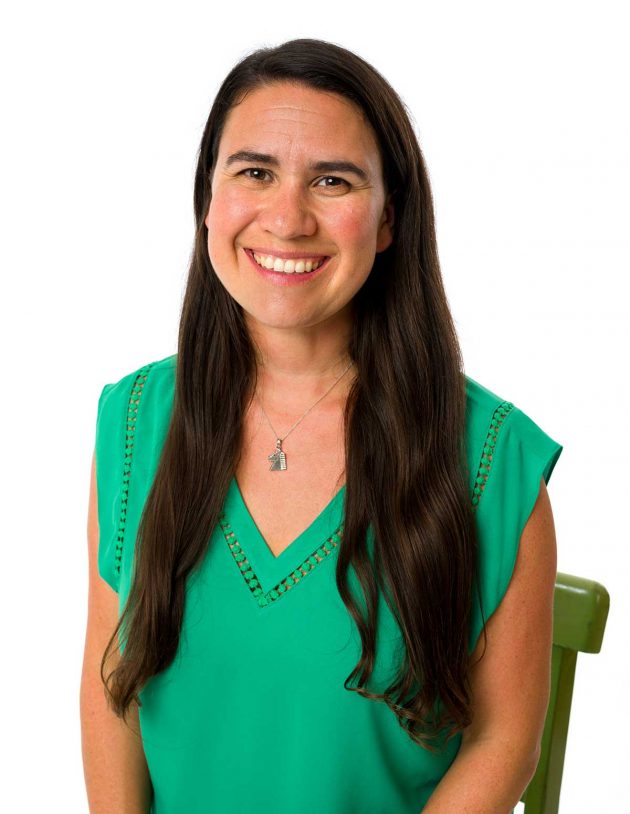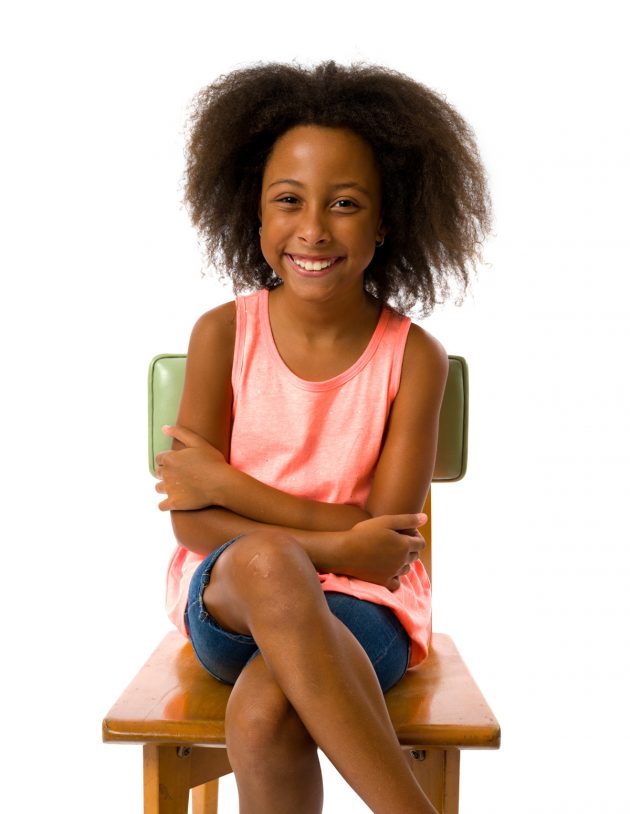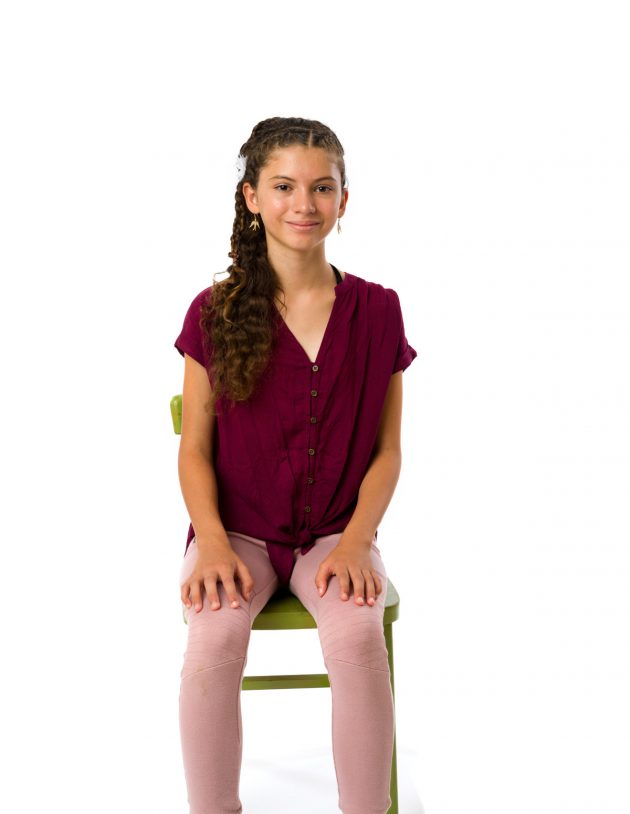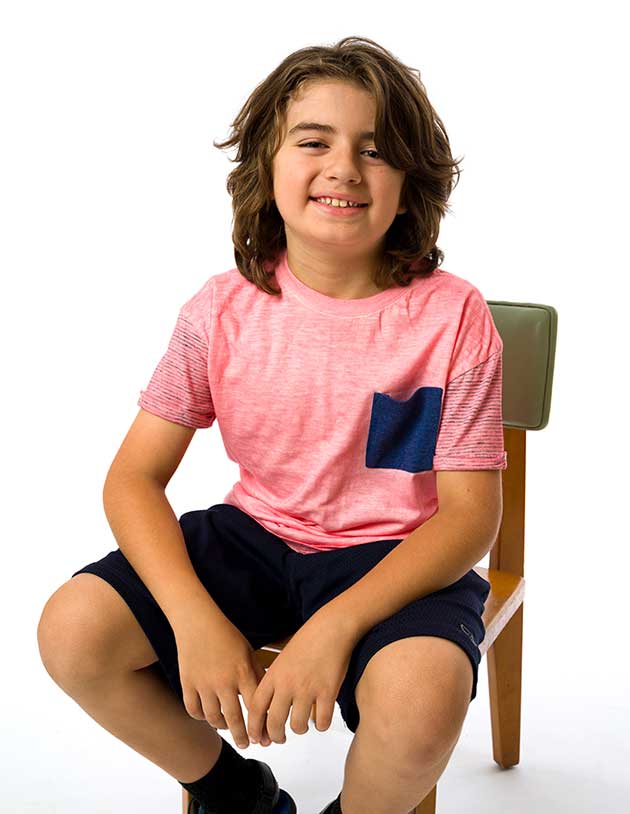Simple tools to create more space in student/teacher interactions
Every so often teachers are caught up in interactions with a student or even a whole class where they feel reactive. Anger arises, and it is very easy to say something regretful when we are caught up in the heated moment. Reacting from anger is never a good idea, and it is best to be avoided. How can this be achieved, especially in those interactions where we may feel completely out of control of our thoughts and words?
Below are some tips that you can follow to help create more peace in your interactions with students and not react out of anger.
1. Check where you are at physically.
This is basic self-care 101. It is really hard to be your best self if you did not eat lunch and your blood sugar is low or if you drank one too many coffees or if you went to bed very late the night before. When we take care of our basic needs of eating a proper lunch and breakfast and sleeping enough, we tend to behave better. Be sure to create a foundation of self care everyday for yourself so that your basic needs are met. I remember from my own teaching that I would normally have the most heated interactions and worst classes after lunch. I could blame it on the kids all that I want, but it was mainly due to the fact that I was not taking the time to sit down and eat a proper lunch. Once I began sitting down and taking 15 minutes to focus on eating, my body and mind felt better, I felt more grounded, and my tendency for reactive interactions after lunch decreased less and less. You may not feel like you do not have the time to sit down and enjoy your lunch, but it is truly worth it if it helps to create a more loving and productive environment in your classroom.
2. Practice meditation.
I cannot stress the importance of this enough. Practicing meditation allows us to create space in our minds, identify attachment to our thoughts, and train our brains. In order to become more mindful during uncomfortable student interactions, you have to practice it at a time when no one is pushing your buttons. It will not happen without practice, and meditation is a great brain exercise to decrease brain reactivity. It allows us to create awareness of our thoughts and separate ourselves from those reactive thoughts. I suggest practicing in the morning before school, even if it is just for 5 minutes. There are many resources online and in your community to start a meditation practice.

3. Create a mantra.
I started using personal mantras in the classroom about a year ago, and they have been incredibly helpful. A mantra is just a short sentence that you can say to bring you back to your self and create space. Mantras can be very grounding. I would often say a mantra over and over again to myself when a student was having a bad day and I wanted to react negatively, or when an entire class was being disruptive to the lesson I planned. Reciting a mantra silently to yourself creates that moment of space in your brain so that instead of reacting out of anger, you can choose how to respond. My most favorite mantra was “The love in me recognizes the love in you.” I would say this all the time silently to myself when talking to an individual student who was struggling, and it always brought me back to my center.
4. Remove the guilt. No one is perfect; sometimes our reactive brains can get the best of us and we say things to a student that we may regret. Accept that you messed up, consider having a sit-down conversation with that student to apologize and explain what happened, and why you reacted the way you did, and learn from it. Going home after a bad day and sulking in guilt will prevent you from learning from it, and the next time something similar happens, you will most likely react again out of anger or fear. But, if you acknowledge what you did without judgment of yourself, you are more likely to learn from it, and less likely to react the next time. I sometimes even send an apology in my mind to the student that I reacted to negatively when I am at home after the school day. This would usually help to let go of any guilt or shame I was feeling. Guilt serves no purpose, but non-judgmental self-reflection can create a change for the better.
I hope these tips are helpful! Let me know what you think. I would love to hear your responses. Take the courage to make a change in yourself, and you will see a change in how students respond to you.



















